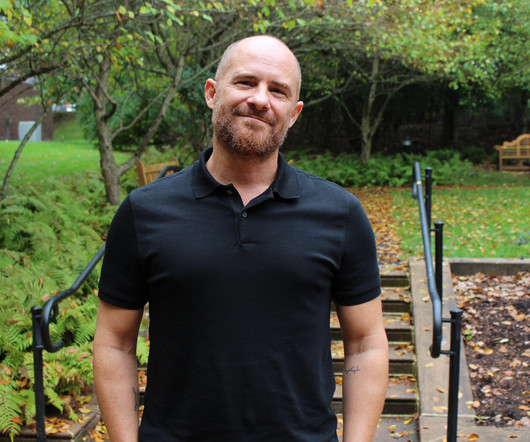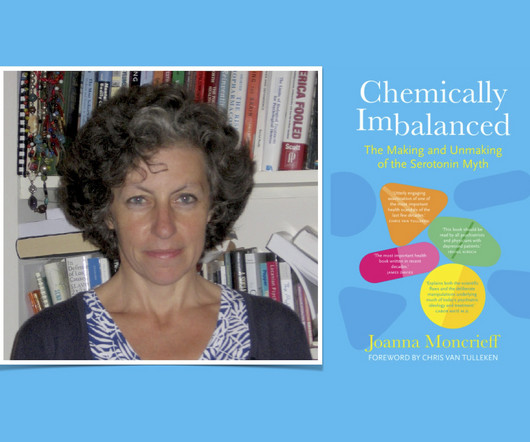Accutane and Mental Health: Converging Physical and Emotional Well-being
Lightwork
MARCH 19, 2025
Your skin health and mental well-being are closely connected. At LightWork Therapy and Recovery , we understand the complex connection between physical treatments and emotional health. In this article, we will delve into the intricate link between Accutane and mental health.













Let's personalize your content